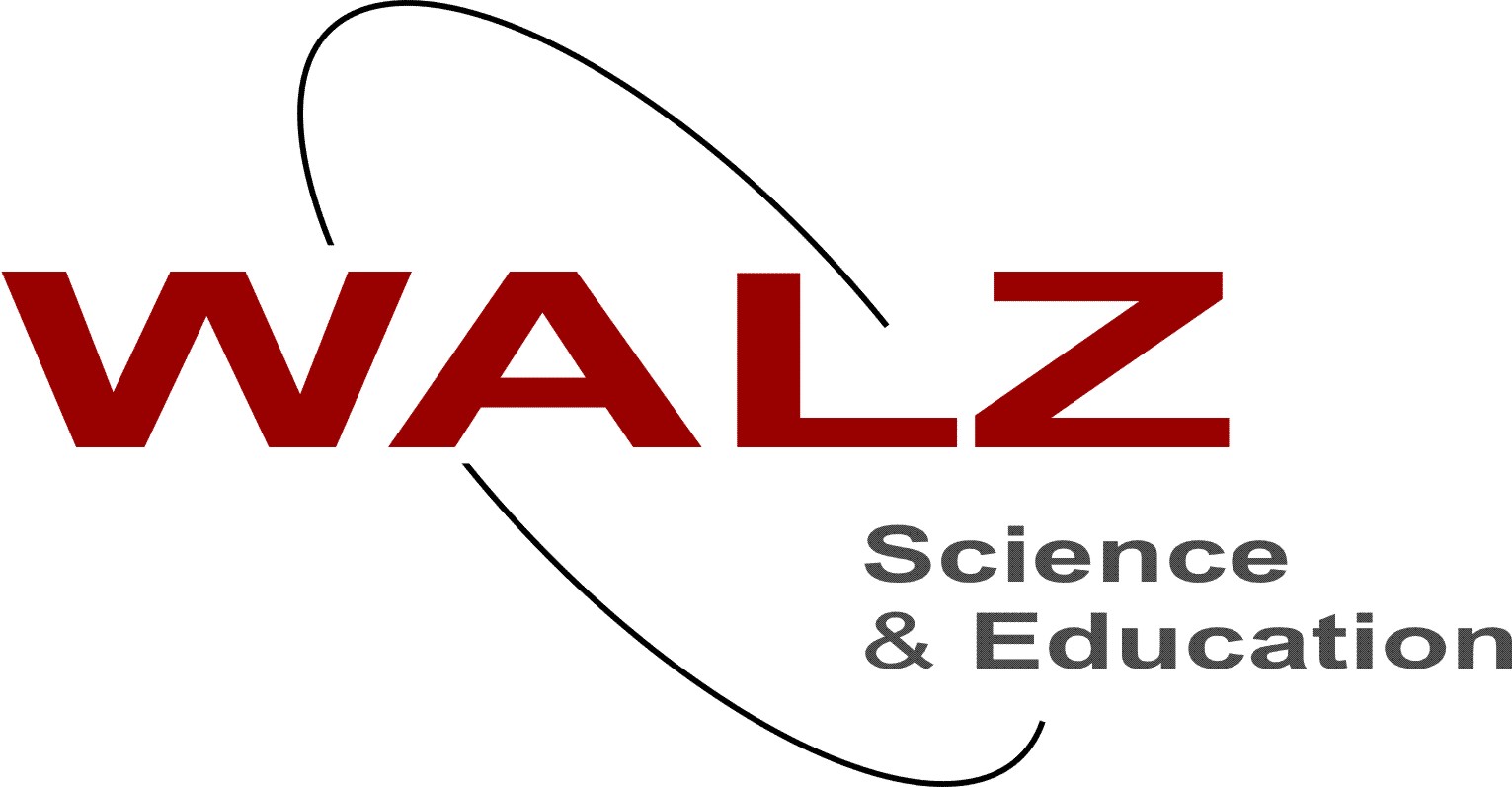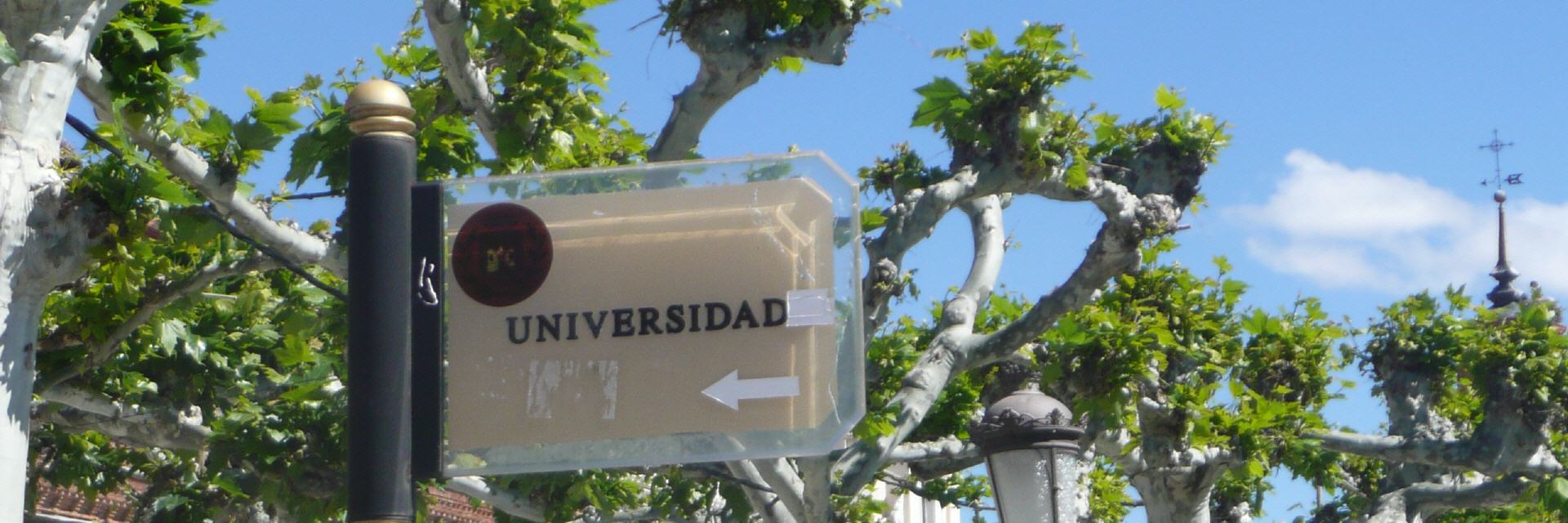> In English
Pleading and commitment to free discourse and to free science, research and teaching
"Have the courage to use your own mind!"
(Immanuel Kant)
The principles of the Enlightenment belong to the social foundations of a modern, humanist and humane democracy! In the context of science, research and teaching, freedom of expression and freedom of science are particularly "worthy of protection". It is not without reason that they are enshrined in Article 5 of the Basic Law of the Federal Republic of Germany and are regarded as an irrefutable prerequisite for a free and humanist civilization and society.
Freedom of opinion and freedom of science are therefore among the most important achievements of the western civilizations and reflect humanistic progress in a clear and indisputable way. They determine the civilized life of a society in everyday life as well as in universities, colleges and all educational institutions.
"I hate what you say,
but I would give my life to have you say it."
(Voltaire/ Evelyn Beatrice Hall)
Freedom of opinion describes the right to express one’s opinion freely, unhindered and without censorship. Of course, within the framework of democratic and existing legal norms. This inalienable right was proclaimed in the course of the "European Enlightenment" as a right applicable to all human beings and must therefore be regarded and defined as a "human right".
In a humane, democratic and civilized society, every human must have the full right to express his or her opinion freely and publicly. Every human must have the right to present the results of his thoughts and intellectual work freely and publicly to a plenary assembly.
“Thoughts are free, who can guess them, they flee by like night shadows.
No man can know them, no hunter can shoot them. It remains the same:
Thoughts are free.“
(German folk and student song)
In addition, there is the need to be able to offer one’s own thoughts and personal intellectual work to a civilized society for discussion and examination. Thus, the right to free expression of one’s opinion (freedom of expression) is also a democratic, social and civilization instrument of "truth-finding" and the only way to improve civilization and social life and a humanistic, modern democratic progress in the sense of the Enlightenment.
A free, public, humanistic and compulsory of Enlightenment above all at universities, colleges and educational institutions is an exorbitantly important component of "truth finding" and thus a "foundation" for a civilization democracy, a humane and just society. Path for the evolution of the human species.
Even in ancient Greece, the cradle of our Western-Culture, it was not "harmony", "unity" or even "equality" that was decisive, but rather "contradiction", "discourse" and "dispute of opinion". A civilized democracy that is committed to its own survival is characterized solely by these facts and by the possibility of "diversity of opinion". But not by a politically media-promoted "unity opinion" that undermines democracy and the cohesion of a society, erodes civilization from within and destroys democracy (rule of the people).
In the course of the "European Enlightenment" (Age of Common Sense - 18th Century) the rights to the free expression of opinion and the free exercise of science were enshrined in the declarations of human rights, in the constitutions of nation states and in the legal conventions of supranational communities. As mentioned at the beginning, in the Federal Republic of Germany this is firmly anchored in Article 5 of the Basic Law and "no alternative"!
"I am not concerned with what has been done.
I’m interested in what needs to be done."
(Marie Curie, actually Maria Sklodowska)
Scientific freedom is another immensely important building block for the further development of a civilized society. It includes the right to freedom of teaching and research within the framework of the applicable laws of the natural sciences, the social sciences and the irrefutable biological facts, realities and facts! Furthermore, the rights and obligations to define and design content, methods and procedures of research and education activities in independent, free, political and media-independent decision-making should be mentioned.
The "right to a free science" is not only a right to defend oneself against public, state interference as well as media defamation and "Witch Hunt", but also a right to protection. A "safe space" for every scientist and researcher, in which he can make his own contribution (for civilization and for the survival of society). This "duty to protect" is the responsibility of the government, universities, educational organizations and civil society. If only one of these areas fails, freedom of science, freedom of opinion, democracy and thus the entire basic structure of a nation and civilization will be at great danger!
The "freedom of science" also includes the free choice of research topics, scientific and education positions, and research results that are controversial in the context of scientific and education discourse.
This "protection of science" primarily includes views, opinions and opinions that are critical of the widespread and propagated (by propaganda) and medially supported mainstream proclamations and contradict them objectively and objectively. The prerequisite for this is the use and orientation of scientific standards and a violation of democratically and humanely valid law is excluded.
The right to the "freedom of science" guarantees the existence of different and contradictory opinions and arguments in science, research and education and guarantees a plurality of different points of view, opinions and conceptions. Critically thinking beliefs must not be excluded from the "discourse of free opinion" and above all of free science. It is the duty of a democratic civil society to ensure that these views, opinions and positions are included, discussed and evaluated in the discourse and scientific process. If this is not the case, there can be no talk of a civil society that is human-friendly, democratic and based on the principle of European Enlightenment. In this case, it would be more necessary to work with terms such as totalitarianism, bureaucratic rule, fear, power and technocratic authoritarian systems.
Undesirable discourses and debates that critically deal with the new "substitute religions" such as Corona, Climate and Gender, want to remove the so-called "Cancel Culture" from the scientific debate. This ideology succeeds with the support of politics, the media and a small section of society. Undesirable discourses and debates are defamed and put into the "right corner" of political opinions, an ideological movement which itself is permeated by "racism" and which has everything but freedom and justice on its own agenda. This is clearly evident from the arguments of the advocates (disciples) of these "substitute religions" and is evident in the attempts, texts, books, writings, but also pictures in the To correct the meaning of certain and preconceived ideological guidelines, to "clean" their ideological form "substitute religions", unpopular words and signs, and to exclude them from university and educational programs, lectures and seminars.
The human is free, because since evolution the "human species" has freed itself from the compulsion of submission and pure response to mere stimuli. In order to be able to freely determine one’s own life, body and mind define and describe the dignity of each individual person and are the basis for a life of dignity, respect and respect. Without this, life is meaningless in the truest sense of the word!
“The human is born free, yet he is everywhere in chains."
(Jean-Jacques Rousseuau)
The exercise of freedom in opinion, science and in many other areas of society is an exercise of reason, prudence, moderation and insight to find good reasons and arguments. This is done in the spirit of European Enlightenment for the reasoning of one’s free judgment and one’s own actions. In the spirit of Immanuel Kant: "Have courage to use your own mind!"
"WALZ - Science & Education" and the "Atlantic Institute of Political Science" are committed to the following scientific, humanistic ideals in the sense of the European Enlightenment and the "Humboldt ideal of education" (excerpt):
- Critical Thinking Processes
- Tolerance in Opinion and Science
- Informal compulsion of the better argument
- Rational thinking processes
- Rational arguing
- Orientation to reality
- Empirical facts and empirical data
- Qualification of sources
- Independence of sources
- Change of perspective
- Democracy
- Pluralism
- Ideals of »European Enlightenment«
- Objectivity in the matter
- Liberalism in the spirit of the European Enlightenment
- Science and Teaching Free from Ideology
- Free Discourse (Safe Space for free opinion)
- Free Science and Teaching (“Safe Space” for science and education)
- Science and education free from political influence
- Science and education free of ideological influence
- Science and education free from media influence
November 2022

